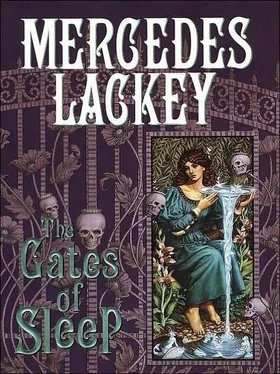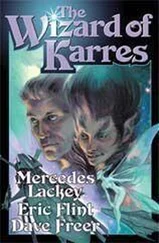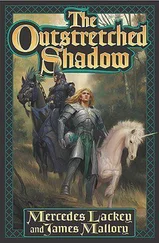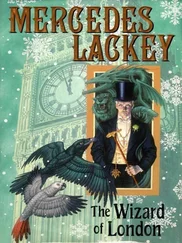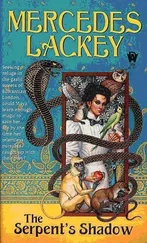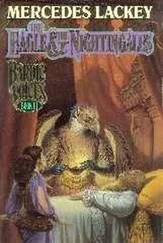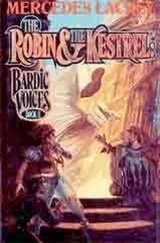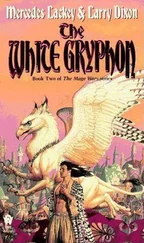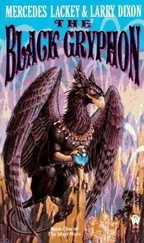That actually seemed to get through to him, at last, and he looked startled. Encouraged, she elaborated. “Oh, we’ll be a disgrace! My season will be a disaster! No one will want to be seen with the girl who had the audacity to drive all the game out to the moor!”
“Well—not to the moor, surely—” he ventured, looking alarmed.
She turned an utterly sober gaze upon him. “I’m the country-cousin, remember? Oh, do trust me, Reggie, all it will take is for your factory to drive the red deer out of this neighborhood—or worse, the pheasants!—and we will be entirely in disgrace and everyone who is anyone will know what we’d done and who’s to blame! You just wait—wait and see how your London friends treat you when shooting they were counting on isn’t there anymore! Not everyone goes to Scotland, you know—people depend on Devon and Surrey for their sport!”
That turned the trick; he promised not to do anything about his plans until she knew she would want to live in London and not at Oakhurst, after all—and until he had made certain that there were no notable shoots anywhere around the vicinity.
“But you just wait, little cuz,” he laughed, as he escorted her back to their compartment. “Once you’ve had a taste of proper life, you won’t care if I blow the place up if it buys you more frocks and fun.”
She settled herself in the corner under one of the ingenious wall-mounted paraffin lamps that the steward had lit in their absence. He dropped onto the seat across from her beneath the other and opened his paper. She took out her poetry book and stared at it, turning the pages now and again, without reading them.
“You won’t care if I blow the place up if it buys you more frocks and fun.” Callous, unfeeling, greedy, selfish—but is that evil? Evil enough to account for that horror beneath Exeter? Or is it just plain, ordinary, piggy badness? It didn’t equate, it just didn’t—evil wasn’t bland. Evil didn’t worry about ruining its reputation by running off the game. Evil probably would be perfectly happy to ruin anything.
If not the son, what about my first thought, the mother? She’s the only parent he’s had for ever so long, so she’s had the only hand over him—he should reflect her. Madam was cold, yes. Selfish, yes. Utterly self-centered. And she’s all business and money and appearances. Still. That doesn’t add up to horror either. Evil should slaver and gnash its teeth, howling in glee at the rich vein of nourishment beneath Madam’s office. It shouldn’t wear stylish suits and smart frocks and give one strenuous lessons in etiquette.
There was only one possible conclusion here. There had to be something else behind the cesspit of vileness back there in Exeter.
And she would be hanged if she could figure out who was feeding off of it. Or what.
My head hurts. She felt a sinking sort of desperation. Out of her depth, unable to cope. Too much was happening at once, and on such wildly disparate levels that she couldn’t begin to imagine how she was to deal with it all. I am out, completely out, of ideas or even wild guesses. She stared at her poem, unseeing, as the railway carriage rocked from side to side. Someone else will have to solve this mystery. They can’t expect me to solve it—all they asked me was to see if there was anything there, after all… come to that, they never asked me, I volunteered to look.
She told herself to breathe deeply, and calm down. No one was expecting her to do anything—except herself. And anyway, it wasn’t her outlook to actually do anything about it either! Hadn’t Dr. Pike and Mr. Davies virtually volunteered to be the ones to track this thing down to its cause and eliminate it? She was only seventeen, after all, and no Master of her element! She wasn’t anywhere ready to go charging off, doing battle with vile magics!
They simply can’t expect me to do anything about this! It would be like sending me out into the desert after the Mad Mullah, for heaven’s sake—with only my parasol and a stern lecture to deliver! At some point, Marina, she continued, lecturing herself in her thoughts, You simply have to let someone else do things and allow that you can’t.
Well, there was one thing at least that she could do—and that was to let the proper people know about the—the vileness.
And another —to keep that poison away from Oakhurst.
She didn’t have any more time to think about it, though, for the train was pulling into the station, and Reggie was making all the motions of gathering up their things.
Reggie opened the door and helped her out onto the platform. The carriage was waiting for them, the coachman already taking up the parcels from the shops and stowing them away as they approached; they were inside and on the way within minutes. The coach rattled over cobblestones, passing the lights of the town, then jolted onto a dirt road; a crack of the whip, and the horses moved out of a fast walk into a trot. The coachman seemed in a monstrous hurry, for some reason; perhaps he sensed yet another wretched March storm coming, for he kept the horses moving at such a brisk pace that Marina was jounced all over her seat, and even Reggie had to hang on like grim death.
“I’ll be—having a word—with our driver—” he said between bounces. “Damn me! See if I—don’t!”
But the moment he said that, the reason for the rush became apparent, as the skies opened up and poured down rain.
This was a veritable Ark-floating torrent, and no wonder the coachman had wanted them to get out and on the road so quickly. It drummed on the coach roof and streamed past the windows, and Reggie let out a yelp and a curse as a lightning bolt sizzled down with a crash far too near the road for comfort. There was a sideways jolt as the horses shied, but the coachman held them firm and kept them under control.
The coach slowed, of necessity—you couldn’t send horses headlong through this—but they were near home now. The lights of the village loomed up through the curtains of rain; not much of them, no streetlights at all, just the lights over the shops, and the houses on either side of the road all veiled by rain—a moment of transition from road to cobbles and back again, splashing through enormous puddles. Then they were past, the lights of the village behind them, and they were minutes from Oakhurst. Over two hills, across the bridge, climbing a third—
Then the lights of Oakhurst appeared through the trees and just above them, although the rain was showing no signs of slackening off. Marina peered anxiously through the windows; lightning pulsed across the sky, illuminating Oakhurst in bursts of blue-white radiance. The coach slowed as they neared the front and pulled up as close to the door as possible, and servants with umbrellas dashed out into the downpour to shelter both of them inside and fetch the parcels.
To no avail, of course, with the rain coming as much sideways as down; Marina was soaked to the skin despite the umbrella held over her. Once inside the door she was swiftly separated from Reggie by Mary Anne and chivvied off to her own—warm!—room to be stripped and regarbed from the skin outward. For once Marina was glad, very glad, of the tendency of her room to be too warm for her taste, for she was cold and shivering, which combined with her headache made her ache all over. The flames in her fireplace slowly warmed her skin as Mary Anne rubbed her with a heavy towel then held out undergarments for her to step into.
“Madam’s got a bit of a surprise for you,” Mary Anne said, lacing her tightly into a brand new corset, which must have been delivered that very day. “Seems she found something in the attics she thinks you’ll fancy. She must have been that bored, to send someone to go rummaging about up there. Been raining all day, though, so perhaps that was it.”
Читать дальше
